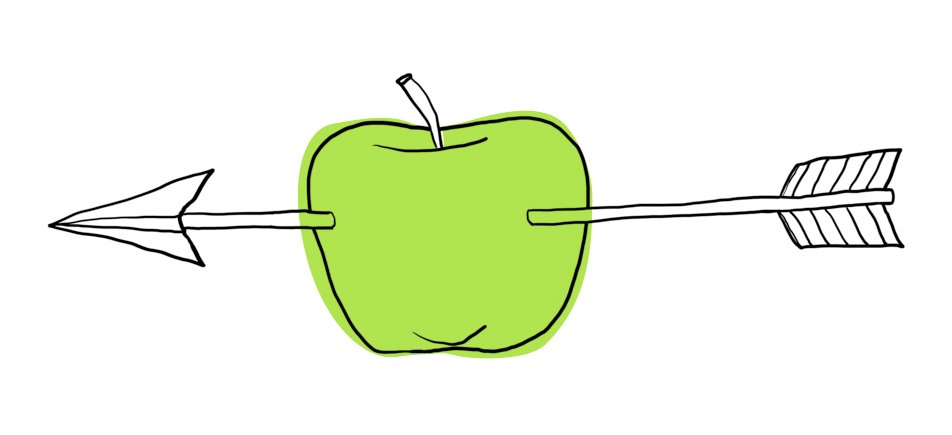How to Write a Cover Letter

A cover letter is your first—and perhaps only—chance to impress a potential client or employer. Don’t let that intimidate you, though. A cover letter is, in fact, your opportunity to shine. It gives an employer a brief glimpse of the potential success you bring with you. Your experience, your personality and your enthusiasm all play a part in helping you land the job. Don’t leave them behind when building your cover letter.
How do I write a Cover Letter? In general, be honest, genuine and professional. But the details can get a bit more complicated. Follow these simple guidelines to create a compelling cover letter that will be hard for an employer to resist!
- Start with a warm and professional greeting. This person is considering hiring you – so your opening should encourage them to think of you as someone they’d like to work with. “Dear Mr. Smith,” “Dear John Smith,” or “Mr. Smith,” are all appropriate. “Hey Bob,” “What’s up, Jim?” or anything extremely casual should be changed to err on the side of formality. Don’t know the name of the person doing the hiring? “Dear Hiring Manager,” is a great way to set a professional tone from the get-go.
- Get to the point. Your cover letter is not the time to write a novel about yourself. Let the employer know why you’re contacting them, what skills you have that make you the right person for this position, and where they can find more information about your work experience: “I’m interested in the position of Lead Blogger you recently posted. I have been a professional writer for nine years, and am very familiar with WordPress and Typepad. During my 3 years as editor-in-chief of BeingInterested, I managed a team of writers that produced 5 blogs posts a week. You can see some of my own writing in my portfolio (www.odesk.com/users/~~…)
- Hit the highlights. Most job postings will give you very clear hints about the type of skills the desired candidate will have. If you have these skills, you should mention them – repeating the employer’s needs for the role and how you fill those criteria will make it clear that you are the right person for the job: “You had mentioned that you were looking for someone with a background in creative writing and journalism. I studied both in college, where I majored in English. I began my career as an assistant editor at the local paper, where I learned to take a hands-on approach to investigative journalism.”
- Follow directions. Many potential employers will ask candidates to fulfill a specific request in their cover letter. This is designed to help them quickly weed through applications, and cull out those who are taking the “copy & paste” approach to submitting resumes. If you’re asked to answer specific questions or include a keyword in your reply, make sure you do it! As an added bonus, calling out that they have requested this information is a great way to let them know you are about to make their hiring decision even easier: “Per your request, here are the links to three articles I’ve written about local events, gardening or technology….”
- Close the sale. Make sure you let them know your availability for the position and invite them to contact you to discuss further. It’s a polite way to “ask for the job” and reinforce your enthusiasm for working with this employer: “Moving forward, I can dedicate 15 hours/week to your company, and my daily hours are negotiable. I’m very excited to assist you in making your blog successful – please feel free to contact me directly to discuss this position further.”
- Reread, edit and consider. Before you click “send”, take another look at the job description. Did you address all of their criteria in your cover letter? If you were the person hiring for this position, would your cover letter fit the bill? Does your profile and your portfolio support your application for this job? (If not, don’t apply! Save your energy for a position that better suits your skills and abilities.) If you’re unsure, ask a friend to review the job posting and your cover letter, and listen carefully to their perspective – they might find a hidden gem that makes the difference in you landing the job!
- Cover letters are the first view an employer or client gets of you, so make sure you’re putting your best foot forward.
Got your own thoughts on crafting a successful cover letter? We’d love to hear them!